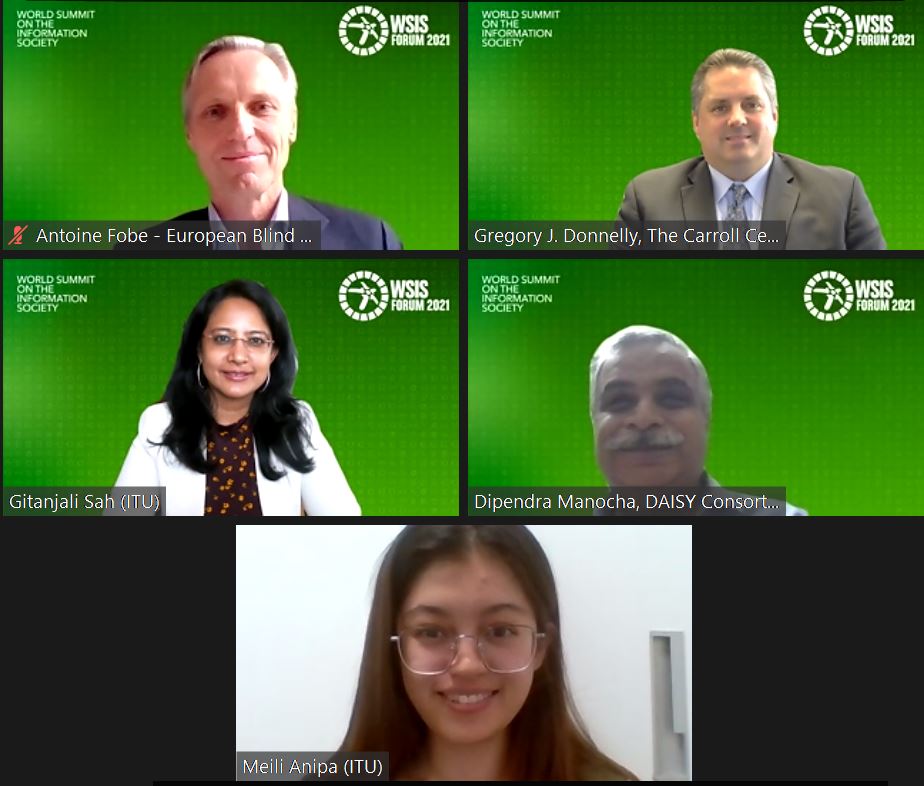ICTs and Accessibility for Persons with Disabilities and Specific Needs: ICTs and Assistive Technologies for Visual Impairment
WSIS
Session 127
This session will present an overview of key facts and data about blindness and vision impairment, showcase current and future initiatives to address the challenges, highlight the best practices of preventing avoidable blindness while leveraging ICTs, and acknowledge the role of technology in assisting people with blindness and vision impairment across all age groups.
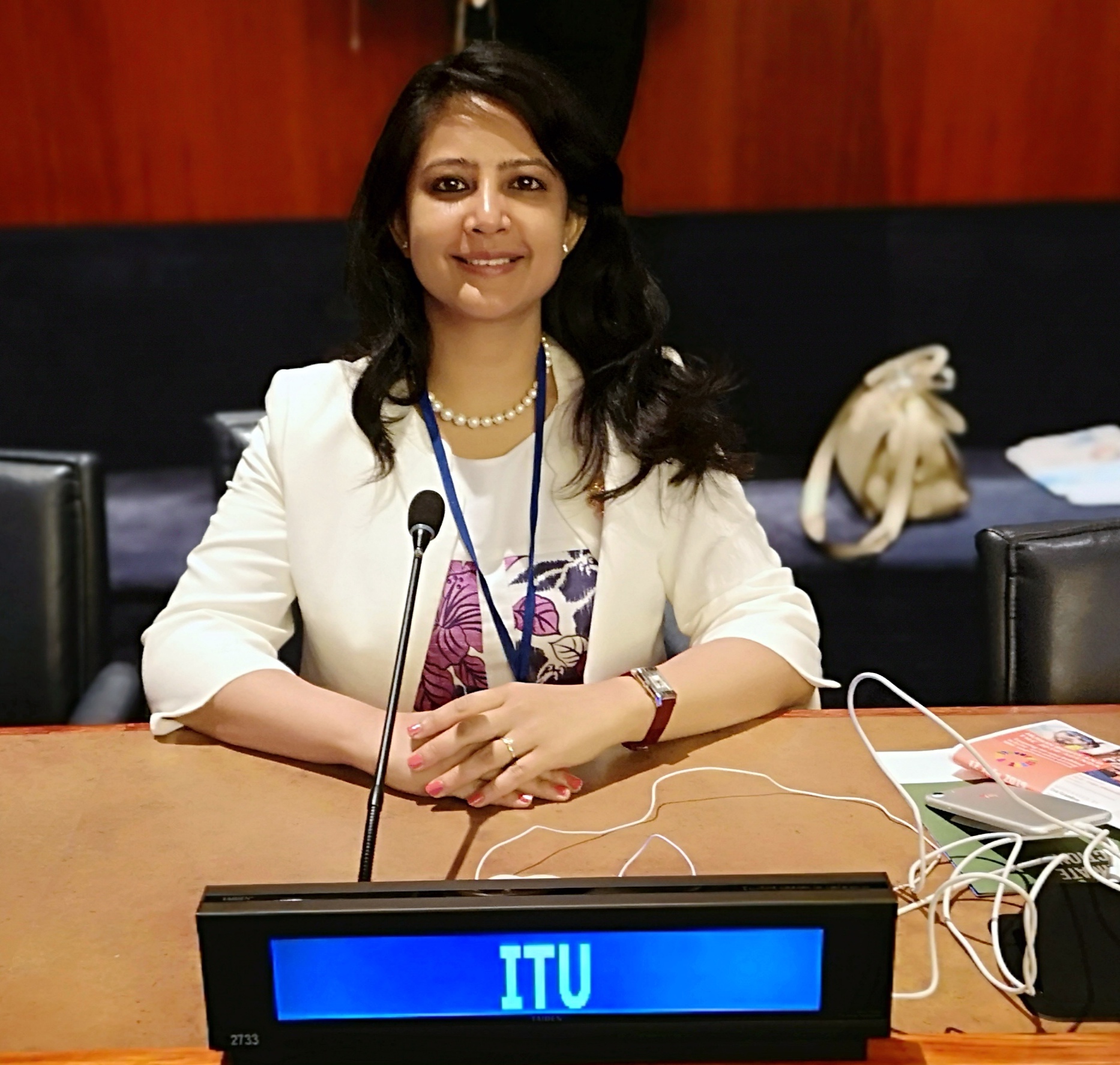
Ms. Gitanjali Sah is an experienced International Civil Servant and has worked with several United Nations Organizations like ITU, UNESCO and UNDP in the field of ICT on Development related policy and implementation issues at an international, regional and national level. At present she is working with the International Telecommunication Union as the Coordinator of the World Summit on the Information Society (WSIS) Process.
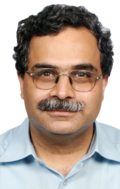
Dipendra Manocha is the lead of training and technical support and coordinates DAISY Consortium’s projects in developing countries. He is member of the Executive Committee of the World Blind Union and is managing trustee of the Saksham Trust. He is the elected president of the DAISY Forum of India which is a network of more than 74 organizations in India serving the persons with blindness and low vision. He also worked as consultant to the Delhi University for establishing the resource center for persons with disability.
After completion of post-graduation and research degree from Delhi University in 1992, he has been working for the mission of providing information and content in accessible format to persons with print disability. He worked as Director IT & Services at the National Association for the Blind, New Delhi, India from 1993 till July 2008

Gregory J. Donnelly is the President and CEO of The Carroll Center for the Blind (CCB), an internationally recognized blindness rehabilitation agency that provides education, essential life skills and workforce training to individuals who are blind or visually impaired. He has served in this capacity since 2016, where he oversees the broad reach of CCB operations on campus, in schools, home, work and the community. His priority duties also include fundraising, legislative and community outreach and awareness.
His experience prior to CCB includes nearly 20 years of nonprofit management in the healthcare field, specifically as an operational and senior management executive at Massachusetts Eye and Ear specialty hospital in Boston, Massachusetts.
The Carroll Center for the Blind’s mission of empowering people of all ages and all stages of vision loss to achieve independence and to lead fulfilling lives is deeply personal to Mr. Donnelly. He recognizes how fragile eyesight can be and the fact that visual impairment is one of the most prevalent disabilities world-wide, yet remains disproportionately underserved due to limitations on funding and access to vision rehabilitation services.
Mr. Donnelly holds a Bachelor of Science from Northeastern University, and a Master of Management in Healthcare Administration from Cambridge College.
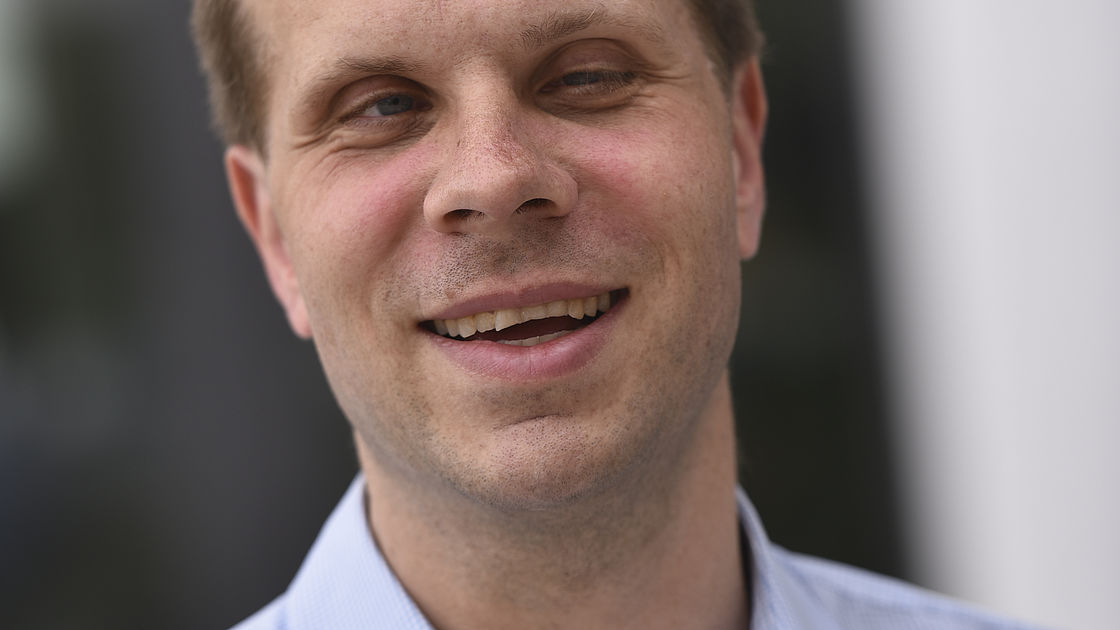
Lars Bosselmann is the Executive Director of the European Blind Union (EBU) since march 2020. Lars is a political scientist by professional background and has been working in Brussels for most of his career. In various roles, he promoted the rights of persons with disabilities in the development policies of the European Union. Lars is a German citizen, 41 years old and he is himself fully blind.
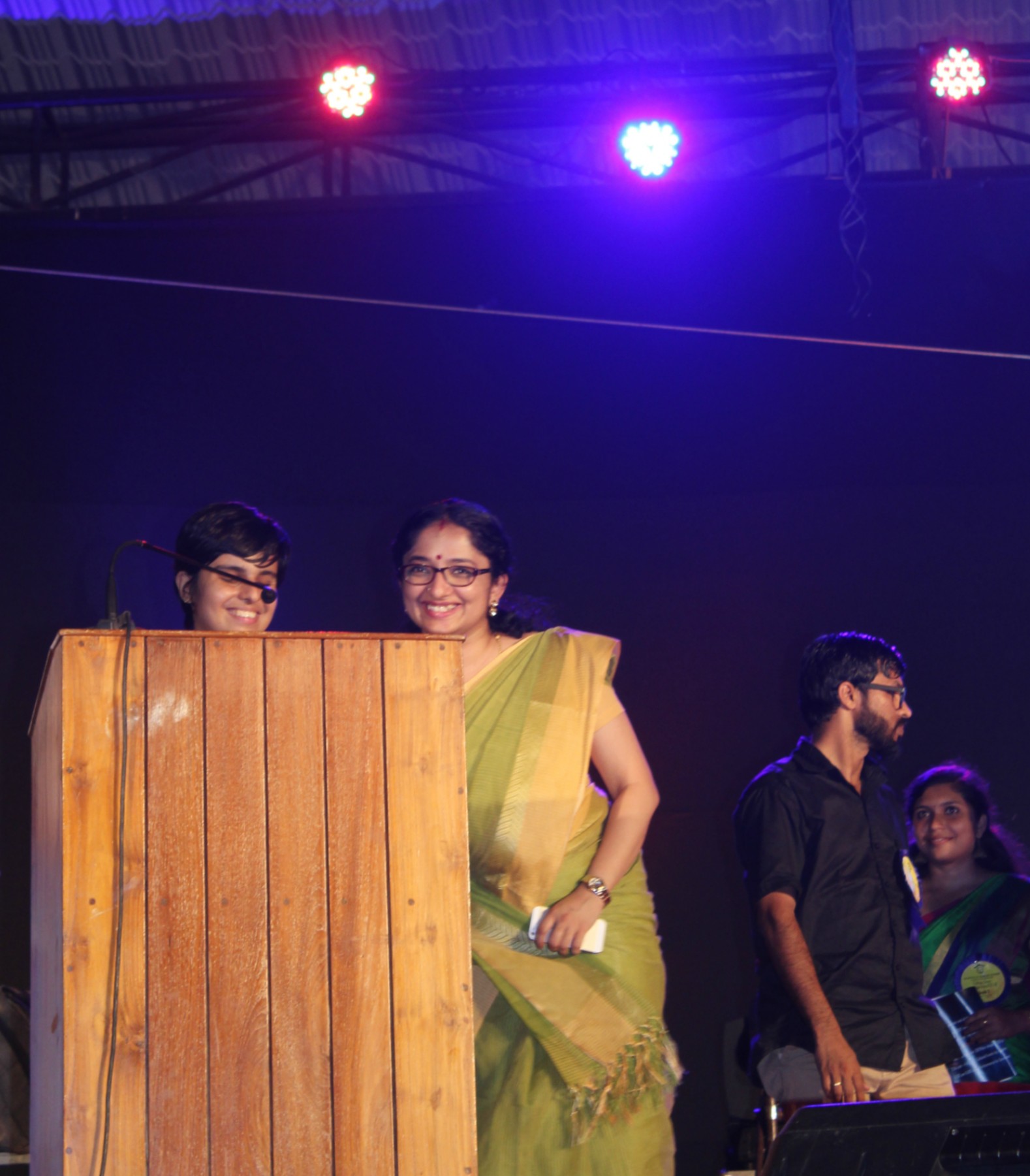
Tiffany Brar,a born fighter,did not let her disability stand as a hindrance in her moving forward.She became blind due to the sheer negligence of a doctor, soon after birth. Though her parents tried to rectify her condition, it was to no avail and she strongly believes that it is for a purpose that she is visually challenged and her disability is away to bring possibility for others like her.
She studied for her prime years in Great Britain, after which she returned to India and pursued her schooling. It was the discrimination and segregation she met on account of her disability, that instilled in her a drive and a determination to change the plight of her fellow blind brothers and sisters. She being forcefully made to sit at the back of the class and not being allowed to participate in sports,only made her more determined to make a change.
She is a motivational speaker, a special educator, a social activist, ever ready to raise her voice for her community and for other disabilities as well. Her organization has played an integral role in empowering the blind and blind women empowerment. The President himself addresses her as “THE COURAGEOUS DAUGHTER OF INDIA”, a this address to the country at the United Nations International Day for Persons with Disabilities in December, 2017 where he also presented her with the“National Award for the Best Role Model”.
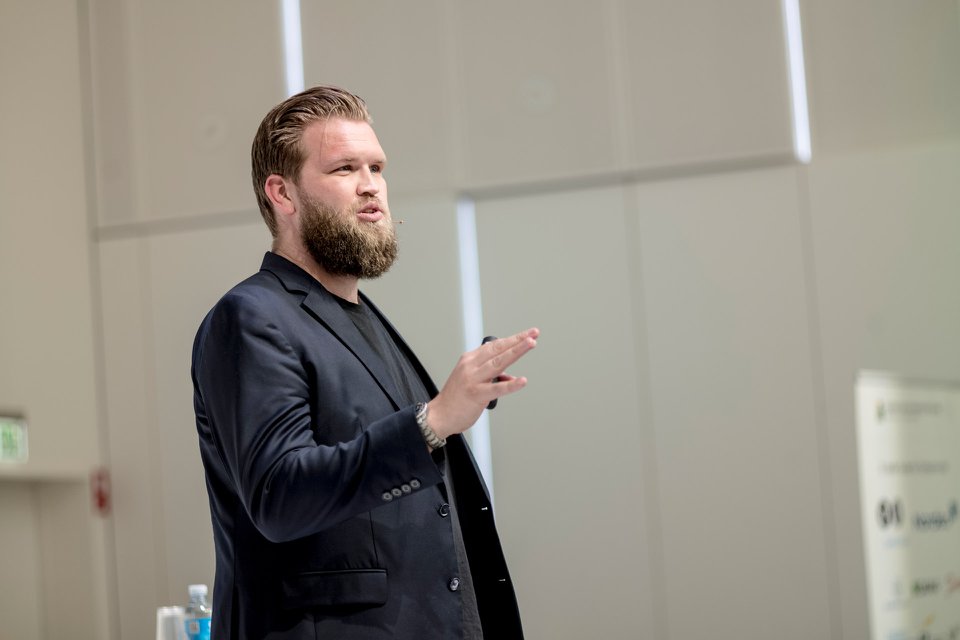
Christian is the co-founder and CEO of Be My Eyes. Christian is a serial entrepreneur with experience in healthcare, tech, and accessible design.
Be My Eyes is a free app that connects blind and low-vision people with sighted volunteers and company representatives for visual assistance through a live video call.
Since we launched in January 2015, more than 4,000,000 volunteers have signed up to assist blind and low-vision users. Be My Eyes users can request assistance in over 185 languages making the app the biggest online community for blind and low-vision people as well as one of the largest micro-volunteering platforms in the world. Every day, volunteers sign onto Be My Eyes to lend their sight to blind and low-vision individuals to tackle challenges and solve problems together.
-
 C1. The role of governments and all stakeholders in the promotion of ICTs for development
C1. The role of governments and all stakeholders in the promotion of ICTs for development
-
 C3. Access to information and knowledge
C3. Access to information and knowledge
-
 C4. Capacity building
C4. Capacity building
-
 C6. Enabling environment
C6. Enabling environment
-
 C10. Ethical dimensions of the Information Society
C10. Ethical dimensions of the Information Society
The session is connected to WSIS Action Lines:
C1. The role of governments and all stakeholders in the promotion of ICTs for development
C3. Access to information and knowledge
C6. Enabling environment
C10. Ethical dimensions of the Information Society
-
 Goal 3: Ensure healthy lives and promote well-being for all
Goal 3: Ensure healthy lives and promote well-being for all
-
 Goal 4: Ensure inclusive and equitable quality education and promote lifelong learning opportunities for all
Goal 4: Ensure inclusive and equitable quality education and promote lifelong learning opportunities for all
-
 Goal 8: Promote inclusive and sustainable economic growth, employment and decent work for all
Goal 8: Promote inclusive and sustainable economic growth, employment and decent work for all
-
 Goal 9: Build resilient infrastructure, promote sustainable industrialization and foster innovation
Goal 9: Build resilient infrastructure, promote sustainable industrialization and foster innovation
-
 Goal 10: Reduce inequality within and among countries
Goal 10: Reduce inequality within and among countries
-
 Goal 11: Make cities inclusive, safe, resilient and sustainable
Goal 11: Make cities inclusive, safe, resilient and sustainable
-
 Goal 13: Take urgent action to combat climate change and its impacts
Goal 13: Take urgent action to combat climate change and its impacts
-
 Goal 16: Promote just, peaceful and inclusive societies
Goal 16: Promote just, peaceful and inclusive societies
The session is connected to the Sustainable Development Goals:
Goal 3: Ensure healthy lives and promote well-being for all
Goal 4: Ensure inclusive and equitable quality education and promote lifelong learning opportunities for all
Goal 8: Promote inclusive and sustainable economic growth, employment and decent work for all
Goal 9: Build resilient infrastructure, promote sustainable industrialization and foster innovation
Goal 10: Reduce inequality within and among countries
Goal 11: Make cities inclusive, safe, resilient and sustainable
Goal 16: Promote just, peaceful and inclusive societies
